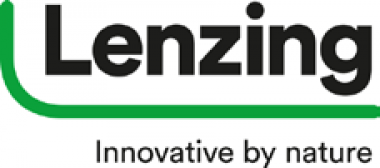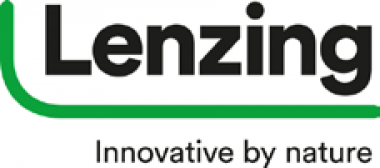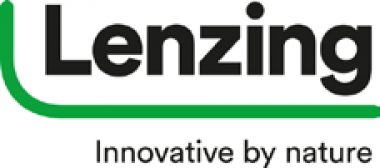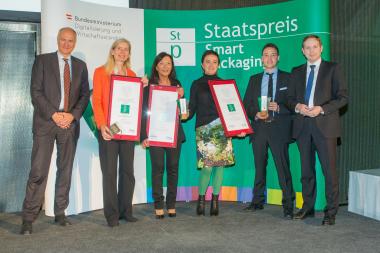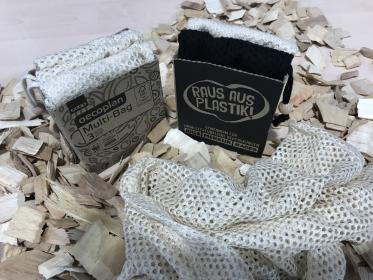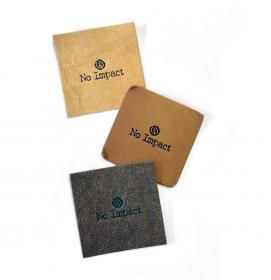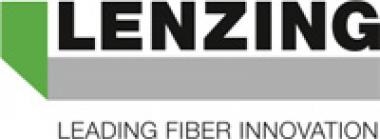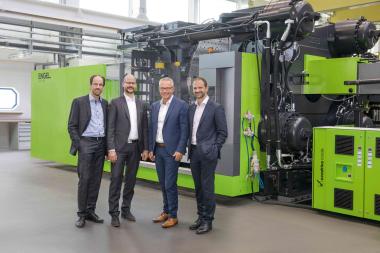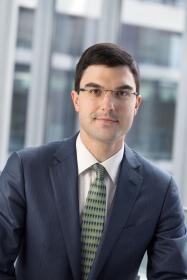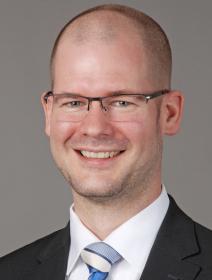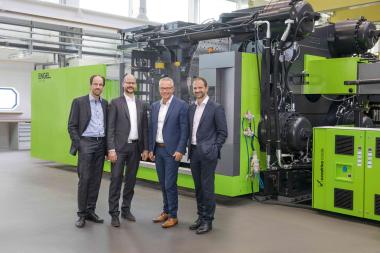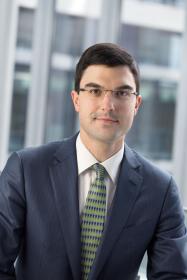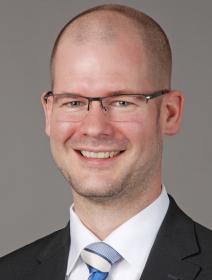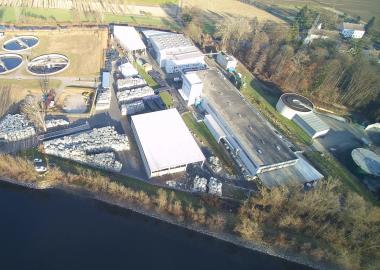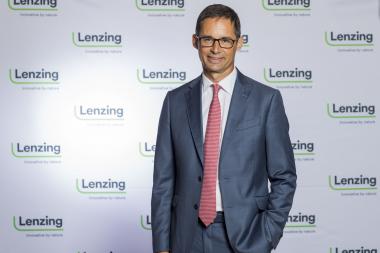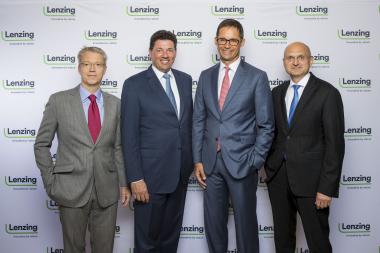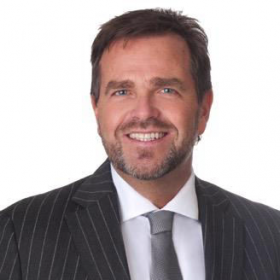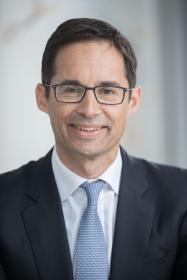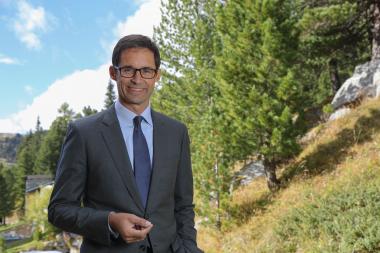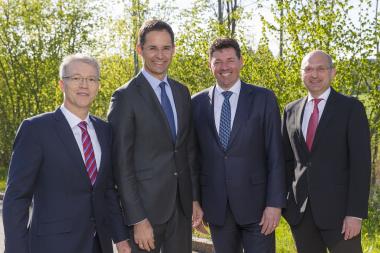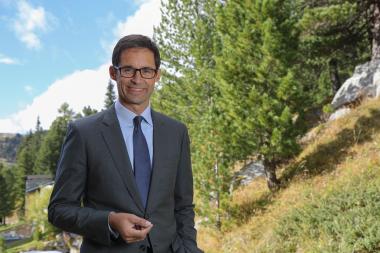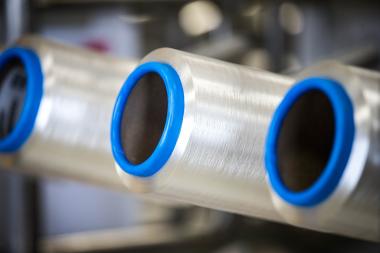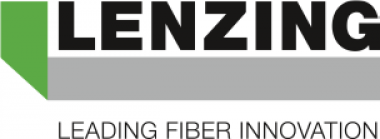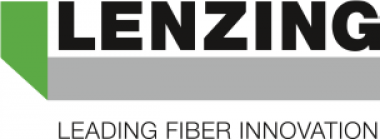Expansion of pulp production at the Lenzing site successfully completed
- Production capacities increased to 320,000 tons p.a.
- Investments of EUR 60 mn enhance self-sufficiency and strengthen autonomy from market prices
- Project serves as a significant economic driver in the region
Lenzing AG, producer of pulp and fibers from the renewable raw material wood, has concluded its expansion and modernization drive at the pulp plant at the Lenzing site. The company invested EUR 60 mn for this purpose, increasing production capacities for dissolving pulp extracted from beech wood from 300,000 to 320,000 tons per year. The coming on stream of the additional pulp capacities over the past weeks strengthens Lenzing’s self-supply of pulp in accordance with the sCore TEN corporate strategy.
“The successful expansion brings us closer to achieving our strategic objective of increasing our self-supply of pulp to a level of 75 percent, thus making us even more resistant to price fluctuations in sourcing pulp”, says Stefan Doboczky, CEO of the Lenzing Group. “We are also pleased that this project enables us to make a further significant contribution towards strengthening the Lenzing site as well as the regional economy”, Mr. Doboczky adds.
The expansion drive was completed in less than two years. In addition to 100 Lenzing Group employees, numerous external partner companies from Upper Austria and neighboring regions were involved in implementing the project. About 40,000 working days were needed by external companies in order to install the delivered machinery on site. The Lenzing Group secured additional jobs due to the pre-production work required in the factories of these suppliers.
In line with the corporate strategy of the Lenzing Group, the self-supply of dissolving wood pulp will be successively increased in the coming years to 75 percent of consumption. At present, Lenzing’s own pulp plants in Lenzing and Paskov (Czech Republic) cover 60 percent of the Group’s pulp requirements. The Lenzing site primarily makes use of beech wood which is not suitable for producing furniture, whereas it mainly relies on spruce wood in the Czech Republic. The remaining dissolving wood pulp is sourced from a variety of hardwoods and softwoods from international partners. In this case, in the spirit of sustainability, Lenzing applies procurement rules which are just as strict as when it purchases wood for its own pulp production.
Lenzing AG


